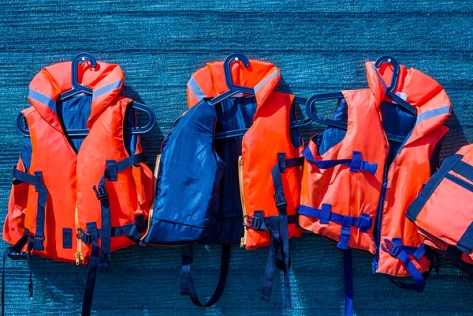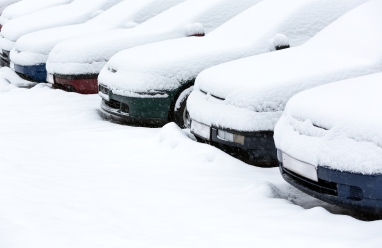Buying a new car is a big investment, and if you’re like most people, you want to do all you can to get the best price on the vehicle you’re looking for. There are lots of tactics you can sue when negotiating for the best deal, but one of the best ways to save a lot of cash on a new car is to make your purchase during the fall months. Why? Mostly because most car manufacturers roll out their new models in the fall, and that means they’re under pressure to sell as much of their old inventory as possible, even if it means making major deductions in the price. If you don’t mind buying foregoing next year’s models in favor of a brand-new model from this year, you can score substantial savings.

But the pressure to bring in new inventory is just one factor. Studies have shown people are less likely to shop for cars during the fall thanks to the upcoming holiday season combined with busy back-to-school schedules. That means dealers are extra anxious to make their quota – the number of cars they need to sell by the end of the month in order to gain favor (and cash incentives) from their suppliers. And if you want to make the deal even sweeter, try timing your purchase for the end of the month when the pressure to make that quota is really strong.
Yep, year-end deals can result in substantial savings, especially if you’re a great negotiator. But what if you don’t like to negotiate? Fall is still a great time to get a good deal. Just like dealers, car manufacturers want current year models to sell out so they can get the new models on the lot. And that means typically there are many more incentives available for buyers, including cash back and rebates as well as great financing deals. Since every current model on the lot needs to be moved out to make way for new stock, you can even wind up getting a much pricier model with many more options and features for the same cost as a much more basic model.
There is one potential drawback to buying in the fall: The current year’s models are in limited supply, and if you wait too long, you may not have many – or any – options to choose from. If a new car is on your radar, don’t put off your purchase; take some time after work or this weekend to head out to a local dealership and find out how much you can save.








 Like the title of this blog post advises, if you haven’t purchased insurance on a diamond engagement ring, diamond wedding ring or other costly ring or jewelry, now is the time. While it’s true the value of an engagement or wedding ring is steeped in sentiment, there’s also a monetary value attached to the ring, and having it insured just makes good financial sense. Don’t make the mistake of thinking your diamond ring is covered by your homeowner’s or rental policy; most policies don’t include coverage for jewelry and many other types of valuables. The good news is, buying extra insurance can be surprisingly affordable. Give your agent a call and ask about the cost of a rider to ensure your ring is protected against theft and other loss.
Like the title of this blog post advises, if you haven’t purchased insurance on a diamond engagement ring, diamond wedding ring or other costly ring or jewelry, now is the time. While it’s true the value of an engagement or wedding ring is steeped in sentiment, there’s also a monetary value attached to the ring, and having it insured just makes good financial sense. Don’t make the mistake of thinking your diamond ring is covered by your homeowner’s or rental policy; most policies don’t include coverage for jewelry and many other types of valuables. The good news is, buying extra insurance can be surprisingly affordable. Give your agent a call and ask about the cost of a rider to ensure your ring is protected against theft and other loss.